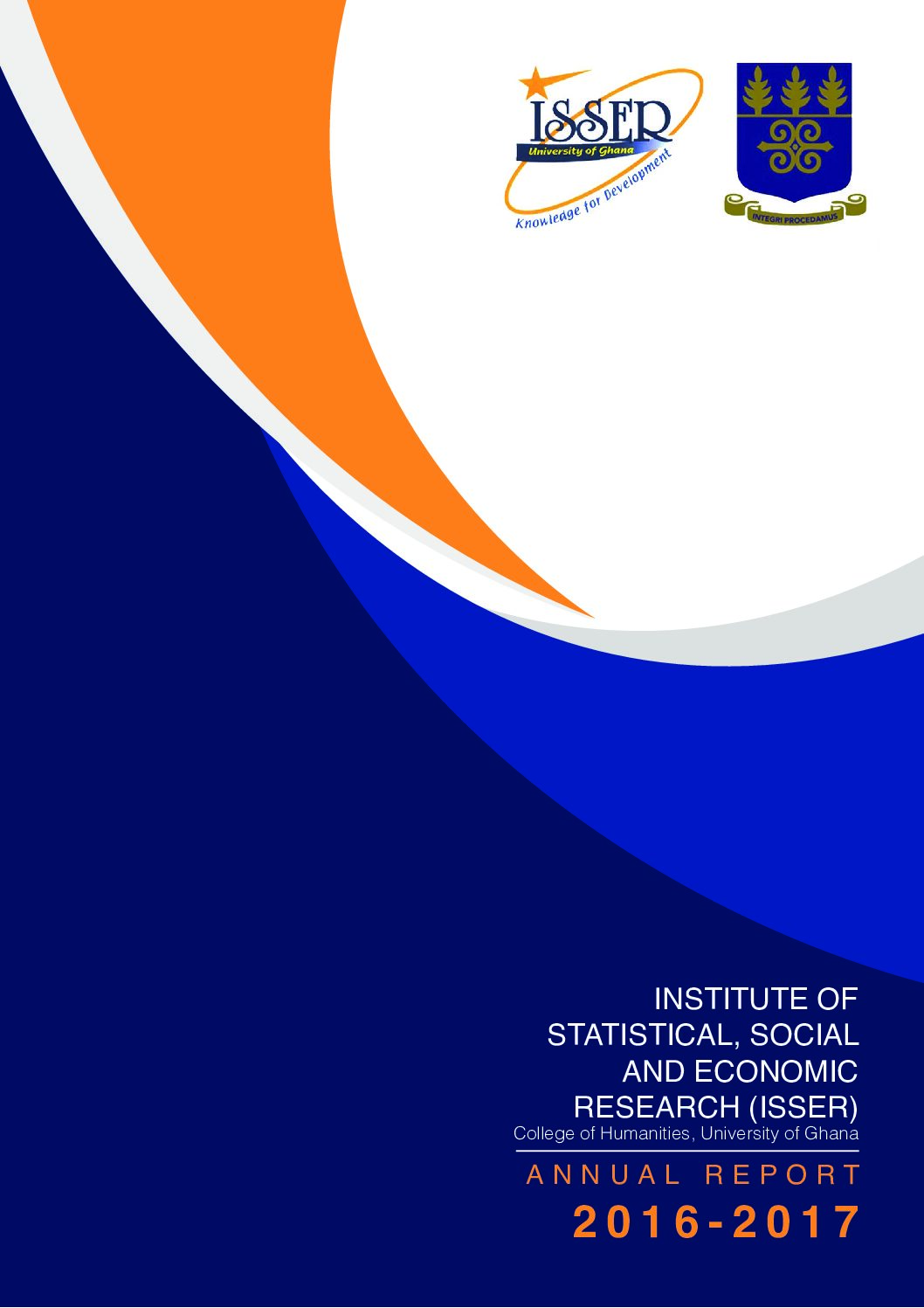The Institute of Statistical, Social and Economic Research (ISSER) has expressed concern about the significant fiscal constraints, mounting fiscal pressures, and less robust revenue performance in the first-half of 2022.
According to the research institution, the shortfalls in government revenue (12.9%), comparatively to faster execution of expenditure (on target) should also be of a concern.
In its State of the Ghanaian Economy in 2021 and Quarter 3 2022 Economic Performance Review, it said revenue handles with the exception of oil and gas, GETFund levy and other direct taxes fell short of targets especially non-oil-non-tax rev (34.4%).
Grants also fell below target by 22.1% and recorded a negative year-on-year growth of 65.2%.
For expenditure, with the exception of interest payments (highest expenditure item), capital expenditure and subsidies – all key expenditure items were contained within their respective targets.
Again, domestic capital expenditure and use of goods and services recorded a deviation of 77.4% and 40.8% respectively, below target, reflecting the cuts in discretionary spending approved by Cabinet.
As of June 2022, overall fiscal deficit was ¢28.153 billion on cash basis (5.6% of GDP), against a deficit target of ¢19.73 billion (3.9% of GDP).
ISSER said there is a possibility of missed fiscal consolidation in 2022.
As of June 2022, overall fiscal deficit was ¢28.153 billion on cash basis (5.6% of GDP), against a deficit target of ¢19.73 billion (3.9% of GDP).
Public debt as of end June 2022 was 78.3% of GDP, an increase of 1.7% of GDP.
Total expenditure (including arrears and discrepancy) has been revised downward to ¢135.7 billion (22.9% of revised GDP), from the 2022 budget target of 27.4% of GDP – 4.5% GDP reduction.
Also, Total Revenue and Grants has been revised down to ¢96.84 billion (16.4% of revised GDP) in from the 2022 budget target of ¢100.517 billion (20.0% of GDP) -3.7% GDP reduction.
Additionally, interest payments has also been revised upwards from ¢37.447 billion (7.5% of GDP) to ¢41.362 billion, mainly due to exchange rate depreciation and higher interest costs.
Similarly, compensation has also been revised upwards to ¢37.949 billion (6.4% of revised GDP), from ¢35.841 billion (7.1% of GDP) to reflect 15% COLA as agreed.
Source: Myjoyonline





